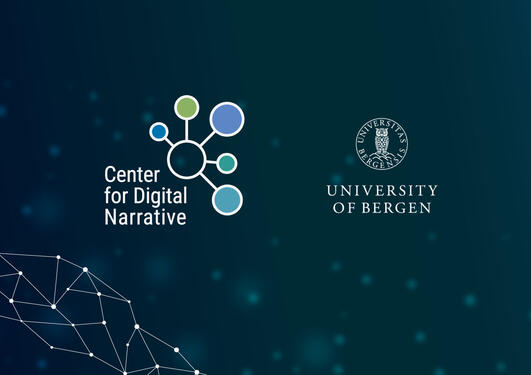CDN Lunch: Torill Elvira Mortensen "It’s all fun and games until the threats arrive"
Researching games and social media seems safe. You can do it from your own office, the object is on your screen, and you are safely removed from the culture you study. Or at least so you think.

Main content
The main error made in the early days of online communication was to believe that because the other persons were not a tangible presence, they were not real. Terms like “virtual reality” and “in real life” did not help, as it created a sense of distance and simulation. The people at the other end of the connection were however never virtual. During #GamerGate (#GG) in 2014 the “people at the other end” set out to make a difference. They wanted to change how we think about the objects of our research – they wanted to become subjects. And they made sure they were not overlooked through terror, threats, and counter-research, uncovering the identity of researchers they disagreed with, sending threats, taking pictures outside their homes or workplaces, or attempting to disrupt conferences. They stalked the researchers in question across social media, and even made an attempt at reviewing all of their research in their own “peer review” process.
How do you deal with this? This is a discussion of the potential dangers of doing research on communities and cultures that we can expect to react aggressively or even dangerously to being studied. How can we study conspiracy theorists, incels, MRAs, #GGs, religious fanatics or other groups that may want to control who studies them or speak about them? And not the least: how can we do this safely, and also ethically and compassionately?
This will be a talk about research safety, research ethics, and radical compassion in cyberculture research.
